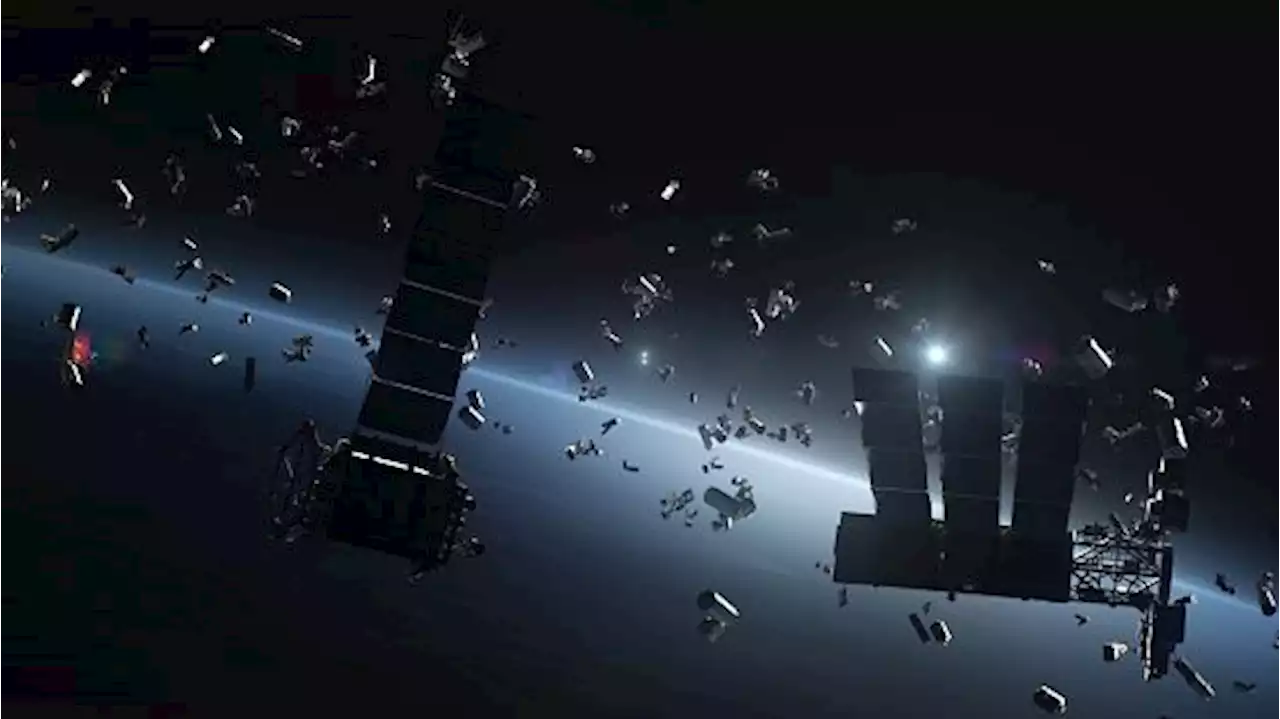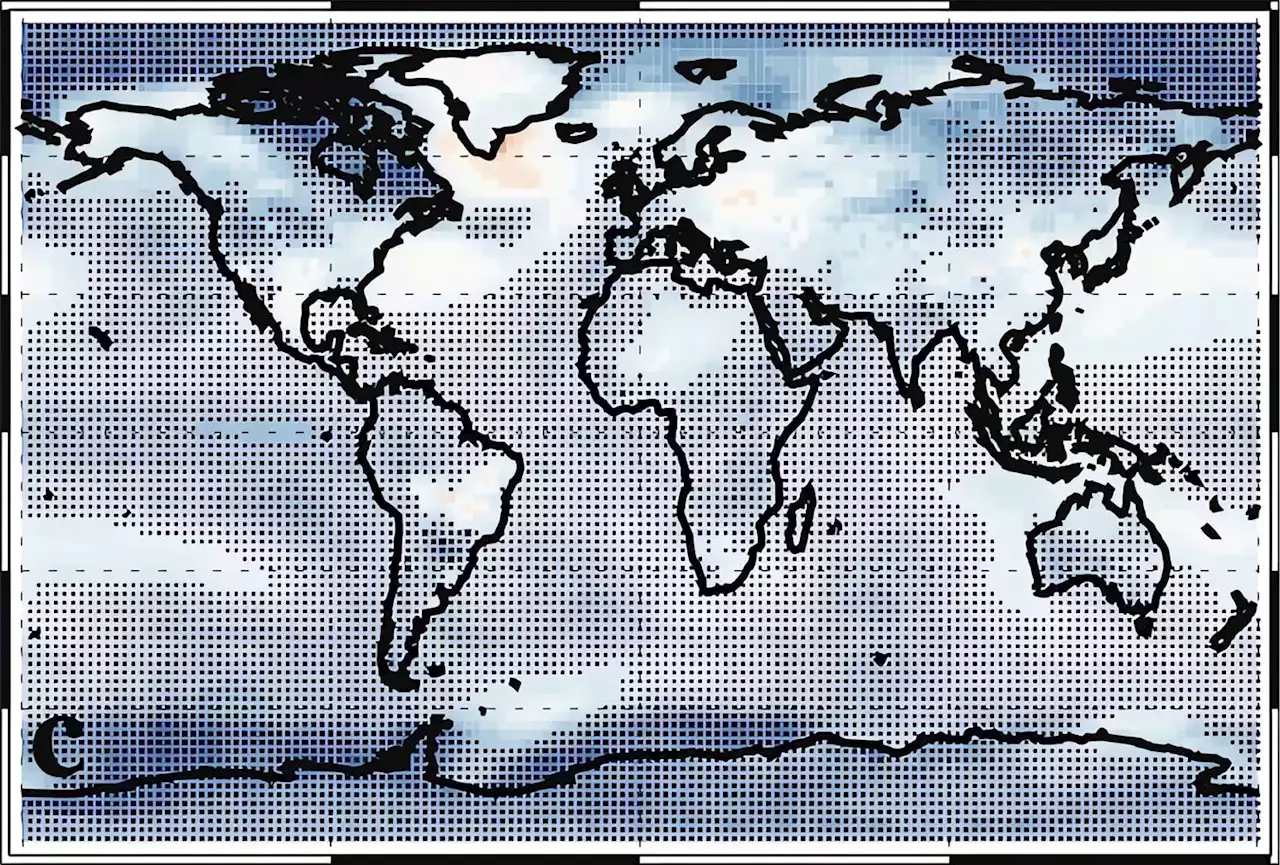Researchers archaearama and pbarry10 take 🎙️ Jeffdelviscio on a journey toward the center of Earth to find bacteria that can breathe iron, arsenic and other metals. Listen to this episode of 🎧 “Science, Quickly” on Apple Podcasts:
These two researchers journey toward the center of Earth—via windows to the crust—to find bacteria that can breathe iron, arsenic and other metals that would kill us pretty quickly.2023 Scientific American, a division of Springer Nature America, Inc. All Rights Reserved.
These two researchers journey toward the center of Earth—via windows to the crust—to find bacteria that can breathe iron, arsenic and other metals that would kill us pretty quickly.
United States Latest News, United States Headlines
Similar News:You can also read news stories similar to this one that we have collected from other news sources.
 Cosmic 'highway code' could help combat the space junk threatRobert Lea is a science journalist in the U.K. whose articles have been published in Physics World, New Scientist, Astronomy Magazine, All About Space, Newsweek and ZME Science. He also writes about science communication for Elsevier and the European Journal of Physics. Rob holds a bachelor of science degree in physics and astronomy from the U.K.’s Open University. Follow him on Twitter sciencef1rst.
Cosmic 'highway code' could help combat the space junk threatRobert Lea is a science journalist in the U.K. whose articles have been published in Physics World, New Scientist, Astronomy Magazine, All About Space, Newsweek and ZME Science. He also writes about science communication for Elsevier and the European Journal of Physics. Rob holds a bachelor of science degree in physics and astronomy from the U.K.’s Open University. Follow him on Twitter sciencef1rst.
Read more »
 How to create a password that can't be quickly cracked by an AI 'password guesser'An AI 'password guesser' can quickly figure out your password unless you take certain steps to prevent this from happening.
How to create a password that can't be quickly cracked by an AI 'password guesser'An AI 'password guesser' can quickly figure out your password unless you take certain steps to prevent this from happening.
Read more »
 Climate Science Shock: Methane's Unexpected Cooling Impact UnveiledImpacts of potent greenhouse gas: a bit lower than previously thought. UC Riverside researchers found that methane not only traps heat in the atmosphere but also creates cooling clouds that offset 30% of the heat. Methane's absorption of shortwave energy counterintuitively causes a cooling effect a
Climate Science Shock: Methane's Unexpected Cooling Impact UnveiledImpacts of potent greenhouse gas: a bit lower than previously thought. UC Riverside researchers found that methane not only traps heat in the atmosphere but also creates cooling clouds that offset 30% of the heat. Methane's absorption of shortwave energy counterintuitively causes a cooling effect a
Read more »
 Apple Fixes Crucial Bug That Could Lead to Cryptocurrency TheftApple makes sure that crypto users with iOS devices avoid potential losses
Apple Fixes Crucial Bug That Could Lead to Cryptocurrency TheftApple makes sure that crypto users with iOS devices avoid potential losses
Read more »
 Science Was Alive and Well in the Dark Ages🔄FROM THE ARCHIVE Medieval times were not as scientifically stunted as we think. Historian Seb Falk explains how those myths arose — and what science looked like.
Science Was Alive and Well in the Dark Ages🔄FROM THE ARCHIVE Medieval times were not as scientifically stunted as we think. Historian Seb Falk explains how those myths arose — and what science looked like.
Read more »
